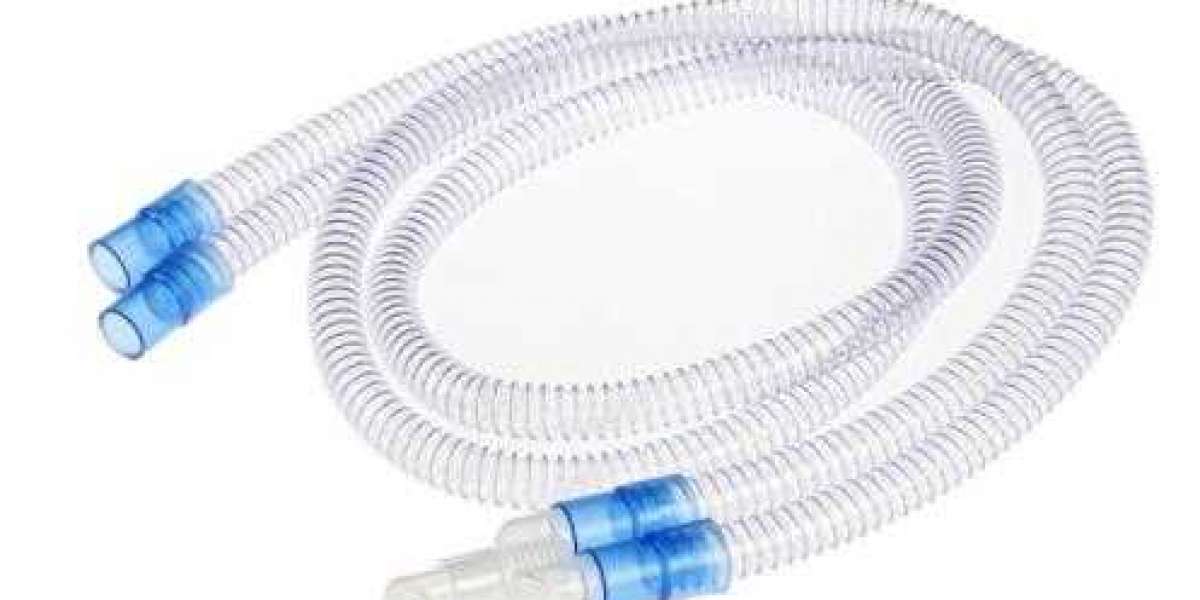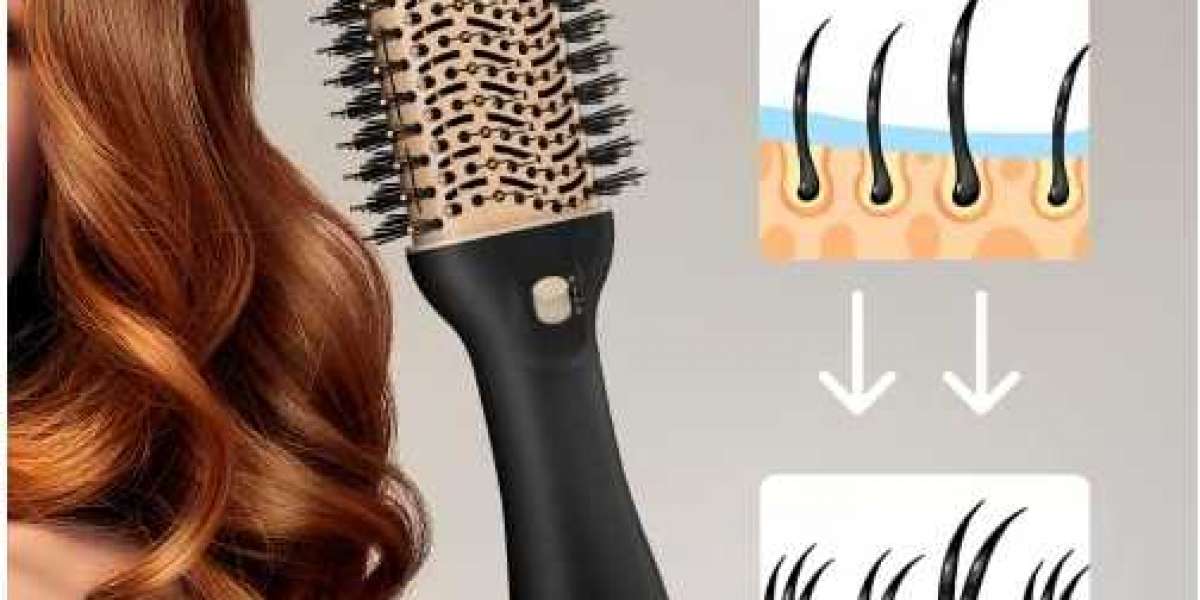Erectile dysfunction (ED) is a common condition that affects many men at some point in their lives. Understanding the causes of ED can help in finding the right treatment and support. In this article, we will explore ten common causes of erectile dysfunction, providing clear and accessible information to help you better understand this condition.
1. Physical health conditions
Physical health problems are a leading cause of erectile dysfunction. Conditions such as diabetes, high blood pressure, and heart disease can damage blood vessels and reduce blood flow to the penis, making it difficult to achieve or maintain an erection. Managing these health conditions through medication, lifestyle changes, and regular check-ups can help reduce the risk of ED.
2. Medications
Certain medications can interfere with sexual function and cause erectile dysfunction. Drugs used to treat high blood pressure, depression, and prostate cancer, among others, can have side effects that impact erectile function. If you suspect your medication is affecting your ability to get an erection, consult your doctor. They may adjust your dosage or switch you to a different medication that has fewer sexual side effects.
3. Psychological Factors
Mental health issues such as stress, anxiety, and depression can contribute to erectile dysfunction. Psychological factors can affect sexual arousal and performance, making it difficult to achieve an erection. Seeking therapy, practicing stress management techniques, and discussing your concerns with your partner can help alleviate the psychological barriers to a healthy sexual life.
4. Lifestyle Choices
Unhealthy lifestyle choices can significantly impact erectile function. Smoking, excessive alcohol consumption, and drug abuse can all lead to ED. Smoking damages blood vessels and reduces blood flow to the penis, while alcohol and drugs can affect the nervous system and sexual response. Adopting a healthier lifestyle by quitting smoking, reducing alcohol intake, and avoiding drugs can improve erectile function.
5. Hormonal Imbalances
Hormones play a crucial role in sexual function, and an imbalance can lead to erectile dysfunction. Low levels of testosterone, a key hormone in male sexual health, can cause a decrease in libido and erectile difficulties. Other hormonal issues, such as thyroid problems, can also impact sexual function. Hormone replacement therapy and other treatments can help restore balance and improve erectile function.
6. Age
As men age, the likelihood of experiencing erectile dysfunction increases. Aging can cause changes in blood vessels, muscles, and nerves that are involved in erections. While age-related ED is common, it is not inevitable. Maintaining a healthy lifestyle and seeking medical advice can help manage the effects of aging on sexual function.
7. Obesity
Being overweight or obese can contribute to erectile dysfunction. Excess weight can lead to health conditions such as diabetes and heart disease, which are known risk factors for ED. Additionally, obesity can cause hormonal imbalances and reduce testosterone levels. Losing weight through a balanced diet and regular exercise can improve overall health and reduce the risk of erectile dysfunction.
8. Injuries and surgeries
Injuries to the pelvic area or spinal cord can damage the nerves and blood vessels necessary for an erection. Similarly, surgeries involving the prostate, bladder, or rectum can sometimes result in erectile dysfunction. If you experience ED after an injury or surgery, consult with a healthcare professional to explore treatment options that can help restore erectile function.
9. Sleep disorders
Sleep disorders, such as sleep apnea, can affect sexual health and lead to erectile dysfunction. Poor sleep quality and insufficient sleep can cause hormonal imbalances and increase stress levels, both of which can impact erectile function. Treating sleep disorders through lifestyle changes, medical devices, or surgery can improve sleep quality and reduce the incidence of ED.
10. Poor Circulation
Good blood circulation is essential for achieving and maintaining an erection. Conditions that affect blood flow, such as atherosclerosis (hardening of the arteries) and peripheral artery disease, can cause erectile dysfunction. Maintaining cardiovascular health through regular exercise, a healthy diet, and managing medical conditions can improve circulation and reduce the risk of ED.
Managing erectile dysfunction
Understanding the underlying cause of erectile dysfunction is crucial for finding the right treatment. In addition to lifestyle changes and managing health conditions, medications such as p super force and extra super p force 200mg are available to help treat ED. These medications can enhance blood flow to the penis and improve erectile function.
For more information on treatments and to explore options like p super force and extra super p force 200mg, visit reliable sources such as hardrxstore.com. Consulting with a healthcare professional can also provide personalized advice and treatment plans tailored to your specific needs.
Conclusion
Erectile dysfunction is a common issue with many potential causes. By understanding these causes and taking steps to address them, men can improve their sexual health and overall well-being. Whether through lifestyle changes, medication, or professional support, there are numerous ways to manage and overcome ED. Remember, seeking help is the first step towards a healthier, more satisfying life.









